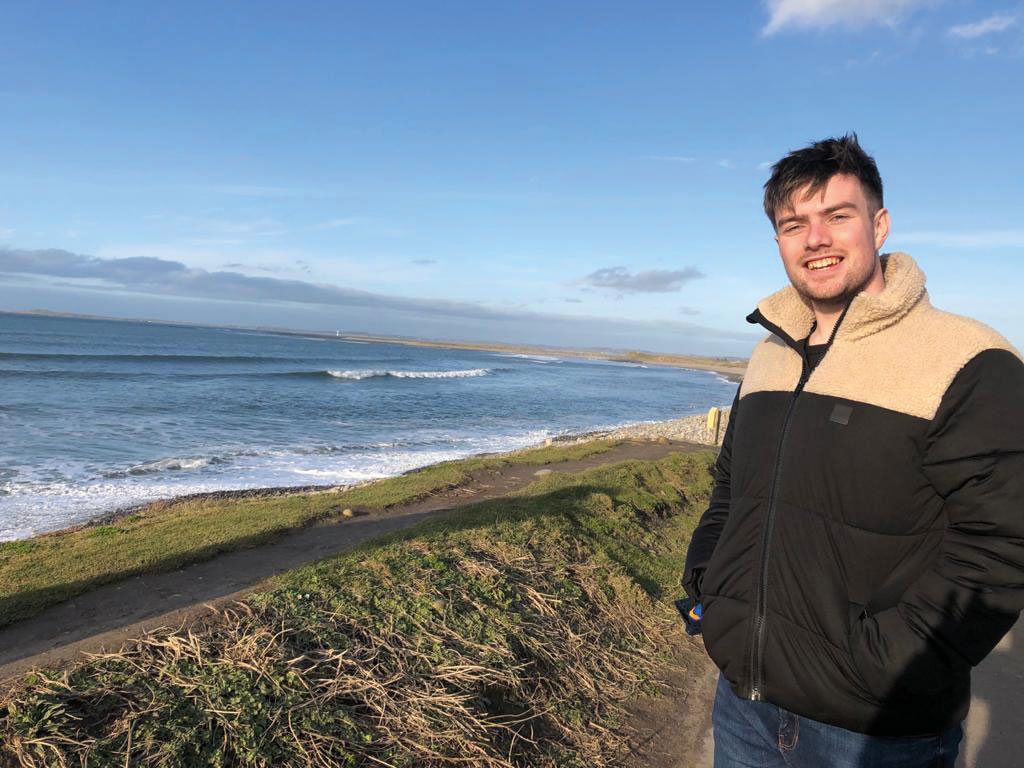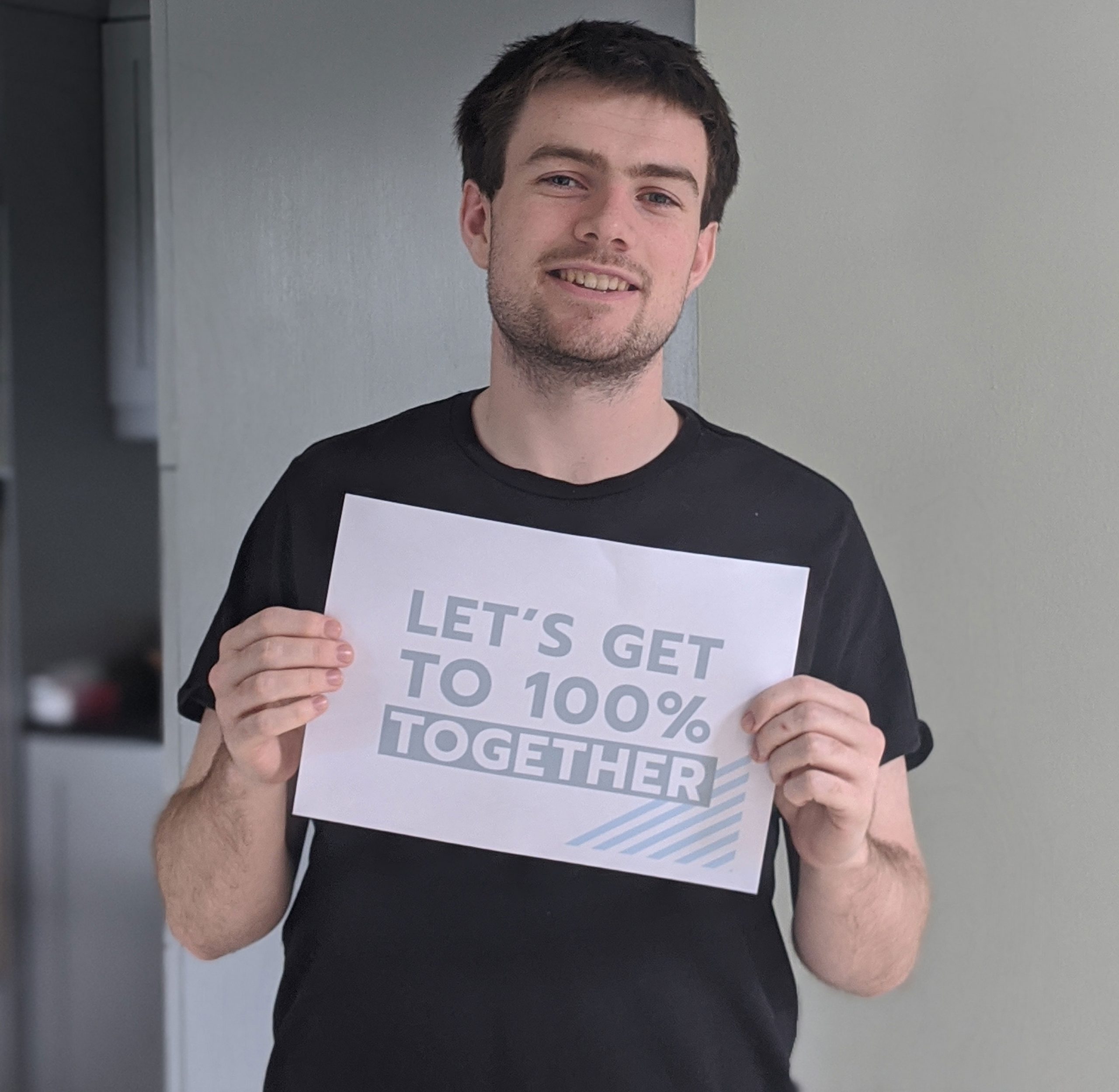
One morning last November, I woke at 7 a.m. as usual. Quickly throwing on my placement clothes, grabbing a coffee, and jumping on the Luas; it was a normal day. Little did I know that evening as I finished my day of medical school placement, I would receive a call from my dermatologist informing me that a mole I had removed from my back was cancerous, melanoma to be precise. So began a whirlwind of medical appointments, surgeries, and scans, during which I found out that cancerous cells had spread to my lymph nodes. My life was utterly changed, moving from student doctor to patient overnight.
My name is Conor Stapleton, I am a 23-year-old student from Laois. For the last few months, I have been receiving immunotherapy in order to prevent the recurrence of my cancer. These treatments would not have been available just a few years ago.

Because of research and medical innovation, I do not just have to watch and wait” and hope that my cancer does not return. Melanoma is notoriously difficult to treat but it has been an area that has demonstrated the need and necessity of clinical research, with promising results.
I receive a form of immunotherapy, once every fortnight in the hospital. Thankfully almost halfway through my planned treatment course, I have experienced no side effects, a testament to modern medicines. I have been cocooning for the past few months, but I look forward to returning to college and seeing my friends in the coming weeks.
Despite these advancements in treatment, the best way we can fight skin cancer is in prevention. That means following the guidelines of national organizations, for example, wearing sunscreen every day from April to September and performing regular skin checks.
We all have experiences with cancer, whether it is a friend or family member who has been diagnosed or as part of our studies or work, but nothing can prepare you for being diagnosed yourself.
The future which one day was predictable is erased and filled with scans, treatments, and solemn clinic room conversations. Paul Kalinithi, the late American neurosurgeon, commented “coming in such close contact with (his) own mortality had changed both nothing and everything.”
As I traveled home from the Luas that day of my diagnosis, I wondered what the next few months now held. Fear and sadness were prominent emotions in the proceeding days but I was helped by my amazing family, friends, and medical team. Thankfully, I have been able to complete my year in college and looking forward to starting my final year in August.
I would encourage everyone reading this to help support Breakthrough Cancer Research and get behind the skin cancer awareness campaign.









 Contact
Contact